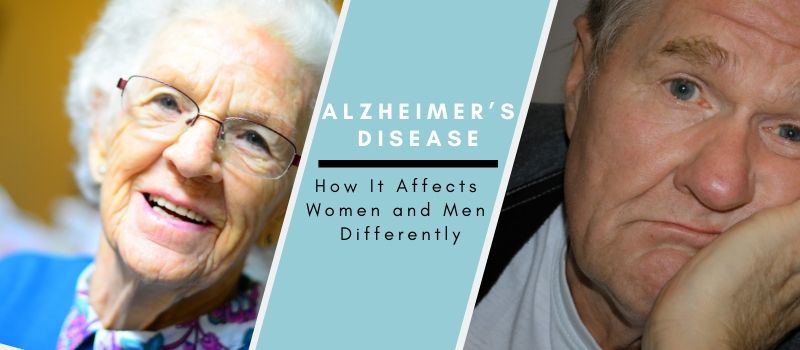


Age-related ailments have become a common phenomenon these days with men and women, both, being affected by such conditions at different stages of their life. One of the most dangerous and complex age-related health conditions in present times is Alzheimer’s disease. An individual affected by Alzheimer’s disease suffers from memory loss which can further deteriorate over time. While this condition is found both in men and women, but research reports have revealed that out of the individuals suffering from Alzheimer’s disease, almost 65% are women.
Longer life expectancy - There have been several studies which illustrate that women have higher life expectancy than men. According to the statistics shared by the US Census Bureau, the average life expectancy for females is 81 years while for males, it is 76 years. As Alzheimer’s disease is an age-related condition, women are more likely to develop the disease since they typically live longer than men.
Less physical exercise - According to a recent study, women who are more physically active and follow a high fitness level have almost 88% lesser risk of developing Alzheimer’s disease as compared to women with medium fitness levels. One study determined that there is a physical activity gender gap and found that women were less physically active than men across several countries. This makes women more likely to suffer from Alzheimer’s disease.
APOE4 Gene - Individuals carrying the APOE4 gene are at a significantly higher risk of developing Alzheimer’s disease as compared to those without it. And further studies have revealed that women who carry the APOE4 gene are almost at the double the risk of developing Alzheimer’s disease. The research carried out at Stanford University over the last two decades has revealed that the APOE4 gene is the biggest genetically inheritable risk of developing dementia and it affects the brain of women more.
Higher risk of depression - Depression is one of the most widely known precursors of Alzheimer’s disease, and as per experts, women have twice the risk of suffering from depression as compared to men. Depression leads to faster shrinkage of the smaller hippocampus, which plays an imperative role in memory formation, in the brain of women. But surprisingly, the same effect of depression was not observed in the brain of men.
While Alzheimer’s disease impacts both women and men, women are more likely to be affected due to genetic factors. If you are looking for a free Alzheimer’s care assessment for your loved one contact us to learn more about Alzheimer's and dementia care services.